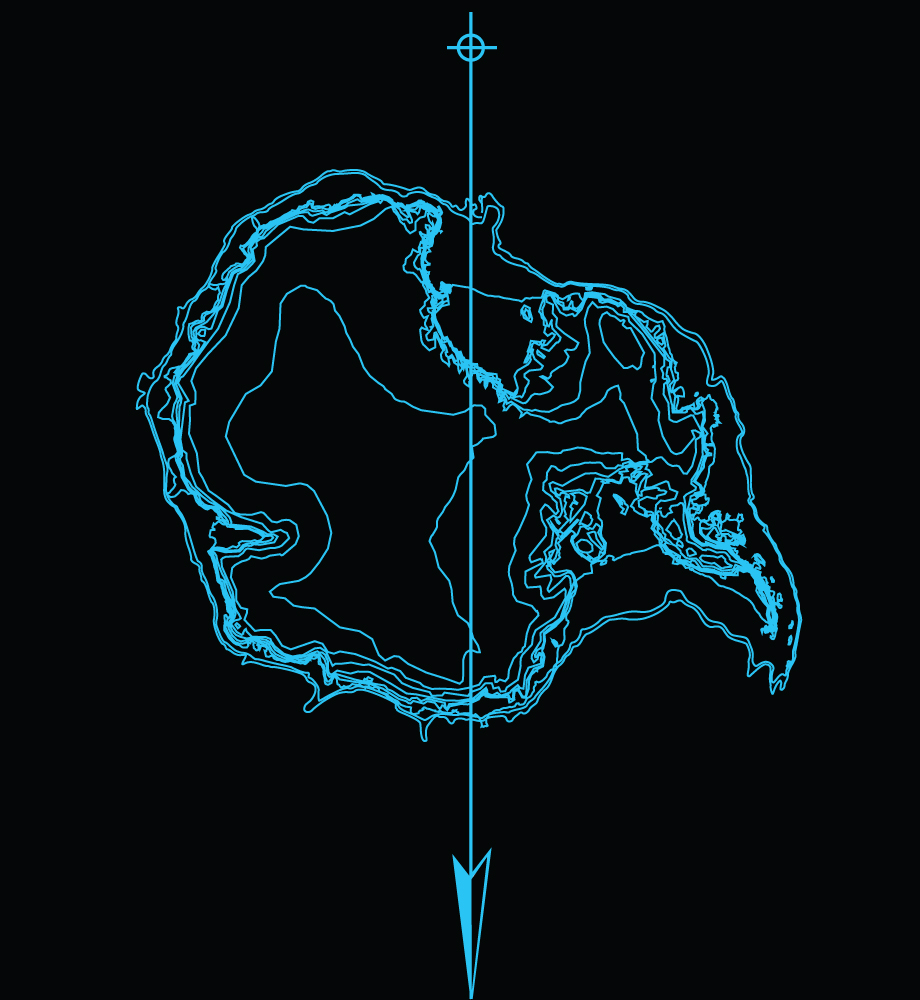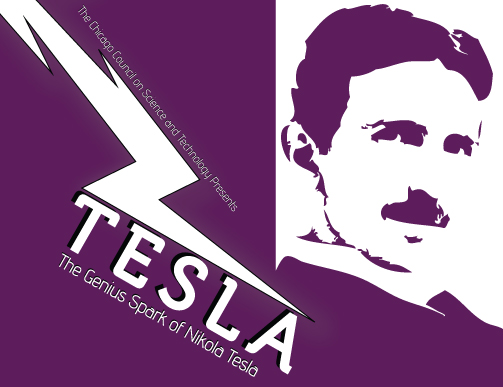Dr. Phyllis Zee, Chief of the Sleep Medicine at Northwestern Hospital, warned the audience at Horner Park on Wednesday, August 15, that we cheat sleep at our peril. Dr. Zee’s excellent presentation was the first instance of C2ST’s collaboration with the Chicago Park District in the “Science in the Parks” series. Watch the video here.
Dr. Zee explained that three scientists recently shared the Nobel Prize for Medicine for their work in the early 1980’s identifying the genes and protein molecules that drive our twenty-four-hour biological clocks, often referred to as our “circadian rhythm.” Every cell in our bodies has the clock mechanism, and all these clocks are coordinated by the master clock in our brains. The mechanism interacts with light and dark. It keeps us awake and productive (usually) during the day and early evening, and puts us to sleep at night to rejuvenate our systems for another day.
Read more…



